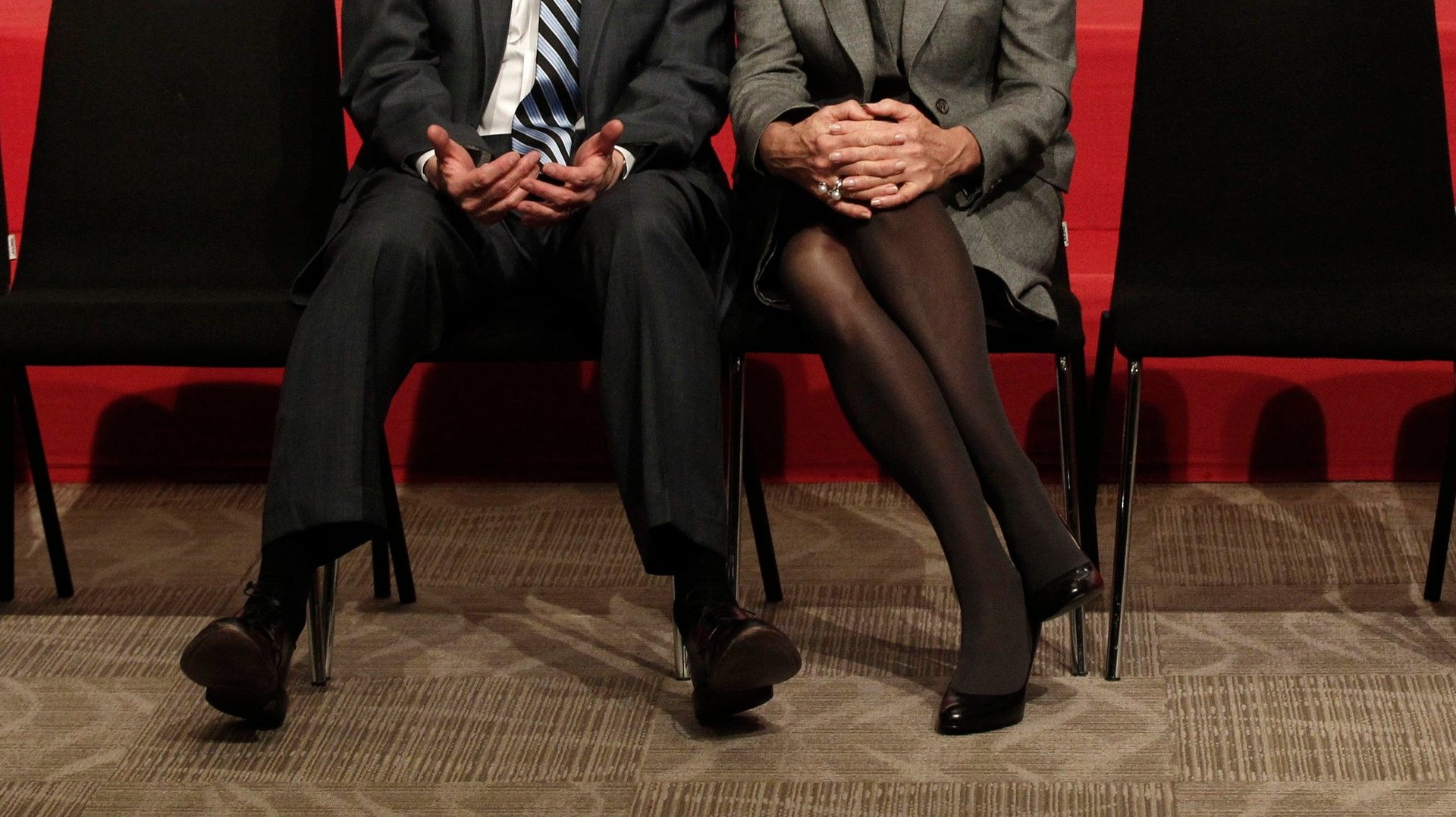Women care more about boardroom diversity than men—and not just in terms of gender
Women in board-level positions think gender diversity is more important that their male counterparts do. Since the women themselves are beneficiaries of that diversity, this might seem like a no-brainer. But here’s another fact, surfaced in a new survey by consultancy PricewaterhouseCoopers: female directors also think racial diversity in the boardroom is more important than their male counterparts do.


Women in board-level positions think gender diversity is more important that their male counterparts do. Since the women themselves are beneficiaries of that diversity, this might seem like a no-brainer. But here’s another fact, surfaced in a new survey by consultancy PricewaterhouseCoopers: female directors also think racial diversity in the boardroom is more important than their male counterparts do.
PwC polled nearly 800 public company directors, in a report released today. The participants were 86% male and 14% female, “closely aligning with gender distribution averages of public company directors,” the researchers note.
Among the women, 63% say gender diversity was “very important” compared with only 35% of male directors. When it comes to racial diversity, 46% of female directors consider it very important, but only 27% of men concurred.
In general, more women than men also say that diversity—of all kinds—makes boards more effective and boosts company performance. Possibly for this reason, women also think a higher share of directors care about diversity than their male counterparts:
As PwC points out, there is a tension at boards between delivering short-term results and long-term success. Increasing diversity is a long game. Few would argue that all companies would suddenly work better if current boards were replaced with a perfectly fair mix of genders and races (not to mention representation from other minority groups). But research does show that over time, fairer companies fare better.
Inertia can be hard to overcome, though, especially for companies that have been performing well despite a lack of boardroom diversity. A majority of survey respondents say that financial acumen, industry expertise, operational nous, and risk-management knowledge are key attributes that their boards should have. Gender diversity ranked lower on the list (39%) and racial diversity lower than that (30%).
For boardroom diversity to improve, directors need to look for candidates beyond their usual networks. Here, too, there is a telling difference in attitudes between the sexes. Around half of women surveyed by PwC say that there are sufficient numbers of qualified diverse candidates to take up board positions. Only 18% of men said the same.